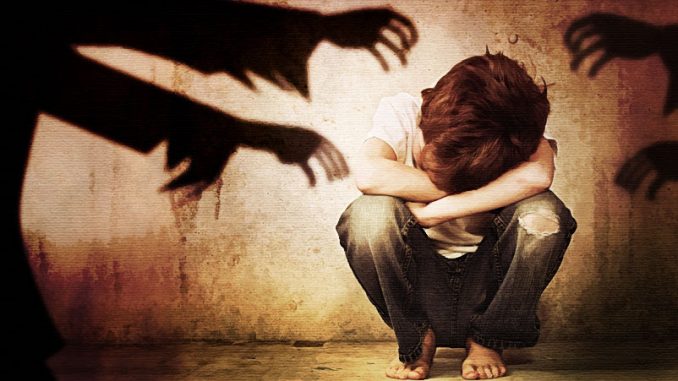
KOCHI: A study covering more than 6,500 high school students on abuse in school environment has shown that more boys than girls suffer sexual abuse and that too more frequently. The study by UK-based researchers and doctors from Kerala carried out in schools in Thrissur district was published in Elsevier journal.
The researchers said that the purpose of this study was to estimate the prevalence of sexual, physical, and emotional abuse in a school environment in a developing country. The abuse history was collected using the child abuse screening tool – children’s institutional version (ICAST-CI) of International Society for the Prevention of Child Abuse and Neglect (ISPCAN).
The questionnaire was given to 6,682 school-going adolescents in this self-report study. “It showed that about 75-85% of the children suffered physical and emotional abuse while more than 20% suffered sexual abuse in the school frequently,” said lead author Dr Manoj Therayil Kumar, St George’s Hospital, Stafford, UK.
“What is of concern is more boys reported beings victims of abuse ‘frequently’ rather than ‘sometimes’,” he said.
Various factors significantly increase the likelihood of abuse — male gender, low socioeconomic status, regular use of alcohol and drugs by family member at home, and having other difficulties at school. Children tended to report abuse less frequently if they liked attending school and if they always felt safe at school, the study said.
Dr Manoj said that boys are more abused and their ‘lived experiences’ are neglected. “Our traditional understanding of abuse is limited to girls. This is because boys/men are not considered vulnerable,” he said.
The tradition and stereotypes associated with thinking also plays a role, asking boys to stand up and deal with it as if it’s their weakness. “These boys are victims of abuse as well as the burden of expectations. They simply perceive that they were defective,” said Manoj.
Research shows that boys subjected to these experiences are more likely to abuse others.
“We need to look at abuse as a violation of principles. Teachers and families need to focus on principles — rights regarding respect, autonomy, dignity and diversity. All violations of principles need to be explored and acted. Our focus need to shift from violent sexual abuse to the general issue of rights violation. Schools need a zero tolerance policy,” he said.
The results suggest that if children are reluctant to attend school, one important reason could be that they are facing some kind of traumatic experience.
Childline activists were in agreement with study results which indicated that boys were not talking or acknowledging abuse.

Leave a Reply